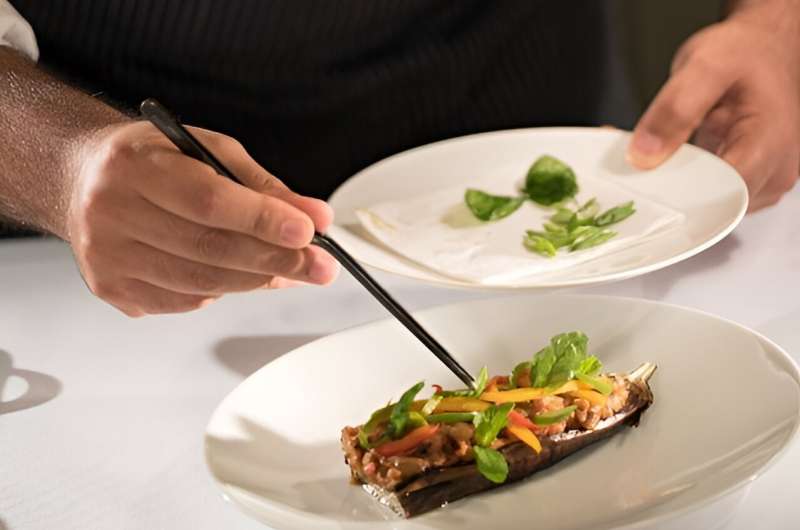Dive into the fascinating world of how celebrity chief executive officers (CEOs) impact risk-taking behavior in the restaurant industry. Discover the surprising findings from researchers at the Penn State School of Hospitality Management, who shed light on the complex interplay between celebrity status, hiring decisions, and franchising strategies. Gain insights that can help investors and companies navigate the dynamic landscape of the restaurant business. CEO, Risk-taking, Restaurant industry

Exploring the Risk-Taking Tendencies of Celebrity CEOs
The world of the restaurant industry is often marked by a unique dynamic, where celebrity chief executive officers (CEOs) can have a profound influence on the risk-taking behavior of their organizations. Researchers at the Penn State School of Hospitality Management have delved into this fascinating topic, uncovering insights that challenge the common perception that celebrity CEOs inherently take more risks.
According to the findings, celebrity CEOs do not necessarily engage in more risk-taking activities than their non-celebrity counterparts. However, when certain factors are combined, such as hiring a celebrity CEO from outside the company or increasing franchising efforts, restaurants with celebrity CEOs can indeed exhibit greater risk-taking behaviors. These risks are primarily financial in nature, manifesting through increased capital investments, research and development spending, and acquisition activities.
Navigating the Interplay of Celebrity, Hiring, and Franchising
The research team, led by Seoki Lee, professor of hospitality management at Penn State, examined the complex interplay between celebrity status, CEO hiring decisions, and franchising strategies. By analyzing data from 51 publicly traded restaurant companies and 108 distinct CEOs within the United States, the researchers were able to uncover some fascinating patterns.
When the sample was divided into two groups – CEOs hired from outside the company and CEOs promoted from within – the researchers found that celebrity status amplified risk-taking behavior for companies that externally hired their CEOs. This suggests that the combination of celebrity status and being an outsider can drive restaurant businesses to take on more financial risks.
Furthermore, the researchers discovered that increased franchising also played a significant role in moderating the relationship between celebrity status and risk-taking behavior. Typically, franchising is considered a strategy to reduce risk, as it provides multiple income streams and reduces agency costs. Interestingly, the study indicates that this increased franchising activity may actually help restaurants absorb more risk-taking behavior from their celebrity CEOs.
Implications for Investors and Companies in the Restaurant Sector
The findings from this research hold valuable implications for both investors and restaurant companies.
For investors, the study provides a framework for understanding which restaurants may be more prone to risk-taking behaviors. By considering factors such as celebrity CEO status, hiring decisions, and franchising strategies, investors can gain insight into the risk profiles of different restaurant businesses. This information can help them develop or modify their investment portfolios to align with their desired risk tolerance.
For restaurant companies, the research highlights the importance of carefully considering their risk-taking preferences when hiring a CEO, especially if they are looking to bring in an external candidate. Shareholders, boards of directors, and hiring committees should have a well-defined process for assessing a CEO’s celebrity status and its potential impact on the organization’s risk-taking behavior. By aligning the CEO’s risk profile with the company’s strategic goals, restaurant businesses can better navigate the complex and dynamic landscape of the industry.
